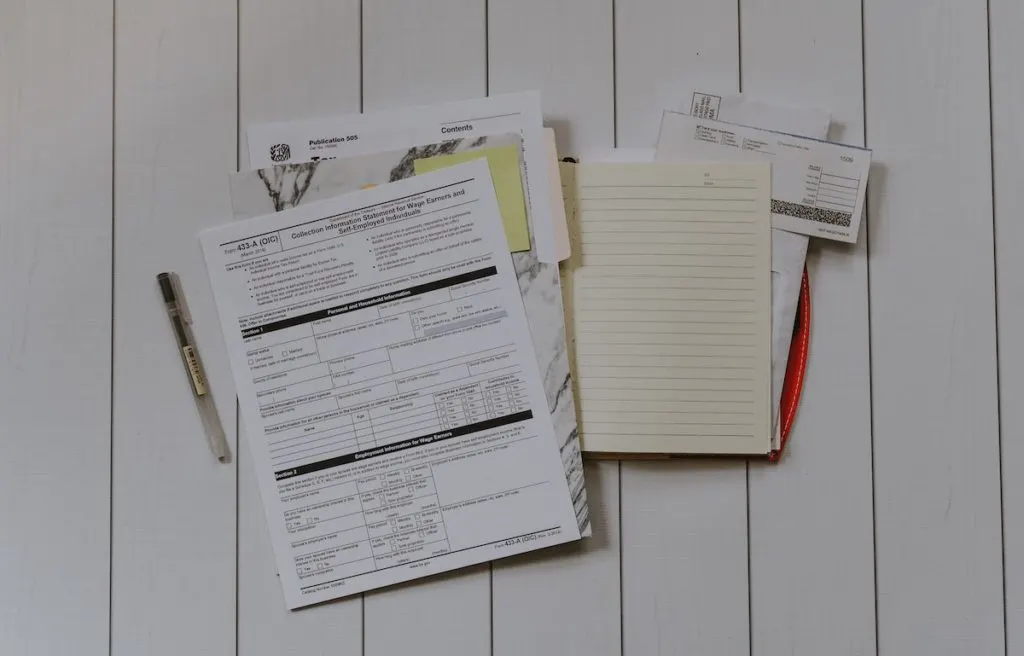Do I qualify for unemployment? If you are currently out of work or concerned that you may be unemployed or underemployed in the near future, then you have probably been asking yourself this question. Every year, millions of Americans struggle with unemployment and underemployment — and COVID-19 has only made the situation worse. Fortunately, there are unemployment benefits available to help you pay your bills until you can find a job. So, what requirements do you need to meet to qualify for unemployment benefits? Read on to find out!

Who qualifies for unemployment?
This can be a difficult question to answer, as it can vary based on your location. Unemployment benefits are managed at the state level, which means that every state can set its own requirements for qualification. That said, you can qualify for unemployment in MOST states if you meet the following criteria:
- You can show proof that you have worked for a consecutive 12-month period prior to applying.
- You are currently unemployed or underemployed, with the latter term referring to those who are experiencing a sudden reduction in income that makes it difficult or impossible to meet their basic needs.
- You have become unemployed or underemployed through no fault of your own.
- You are currently physically and mentally capable of working.
- You are available to take on new work when the opportunity arises.
It’s important to note that many of these requirements must be maintained in order to continue receiving weekly or monthly Unemployment Insurance (UI) benefits. In other words, if you find work or become unavailable to take on new work, you will no longer be able to get unemployment benefits. Therefore, you will need to recertify your unemployment qualifications with your state’s unemployment office on a regular basis (usually every two weeks) to continue getting a check.
Additionally, some states are more lenient while other states are more strict with these requirements. That said, most states provide some leeway, particularly when it comes to the reasons for your unemployment. For example, if you quit your job or were fired, most UI offices will simply require you to call or come in for an interview to discuss your individual circumstances. If you were fired for failing a drug test, they may choose to deny your UI application. On the other hand, if you quit your job because your employer could no longer provide a safe work environment, you will likely still qualify for UI.
Can freelancers or contract workers qualify for unemployment?
Since the passage of the CARES Act in 2020, freelancers and contract workers can qualify for unemployment. This was mandated at the federal level, which means that it applies in all 50 states. However, you will still need to meet all other requirements set out in your state to get UI. Moreover, the CARES Act was specifically passed to help ease the financial strain caused by the COVID-19 pandemic. Consequently, it is possible that freelancers and contract workers may not qualify for unemployment benefits in the future.
What documents do I need when applying for UI?
As previously mentioned, unemployment benefits are managed at the state level, and each state has its own application process. Nonetheless, the documentation required to apply for UI in most states is the same. In most cases, you will need to provide all of the following when you are ready to apply:
- Proof of Identification – This can be a valid passport, driver’s license, or similar state ID.
- Social Security – More often than not, you will need to have your Social Security card when you apply. Some states will accept a photocopy, while others require the original. In rare instances, you may only need to provide your Social Security number.
- Income – You will usually need to provide your most recent paystub, as well as proof of income for the last 12-month period in which you worked. This could be a filed tax return, W2, or paystubs covering the entire payment period.
- Contact Information – You must provide your current address, as well as the best way to contact you (phone number, email address, etc). Some state UI offices will also require proof of address, which could be a rental agreement, utility bill, or similar documentation with your name and the correct address on it.
- Proof of Unemployment – This can include a layoff notice, dismissal letter, or similar documentation from your former employer. If you are self-employed or lack this kind of documentation, you will still need to show proof that your income has been reduced or cut off.
How long do unemployment benefits last?
As of 2021, all but 11 states provide a maximum of 26 weeks of unemployment benefits (9 provide fewer and 2 provide more). Unemployment Insurance is specifically designed to allow those who are temporarily out of work to cover their basic needs; it is not meant to be a long-term solution. In any case, the time that you can stay on unemployment benefits will also depend on how long you can maintain the criteria necessary to qualify. This means that finding a new job or a new source of revenue is vital.
Where can I find the unemployment requirements in my state?
Since every state has its own application processes and requirements for unemployment, it’s important to know exactly how to qualify and apply in your location. Fortunately, the U.S. Department of Labor makes it easy to find the UI office in your state, though you will still need to contact them directly or visit their website for the exact requirements. You can find more information about reaching out to your local UI office at this link.
The Bottom Line
Do I qualify for unemployment? As you can see, this is a complex question that can vary based on your location, income, and individual circumstances. Every state has its own rules and regulations. As a result, you will need to contact the UI office in your location to learn more. Additionally, if your hours have been cut as a direct result of Coronavirus, be sure to check out our guide on acquiring partial unemployment!

